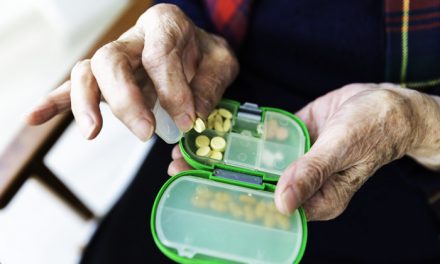Relapsing after recovery should not be treated as a shameful occurrence.
Addiction is a chronic disease, so there is always the risk of relapse. If you are a loved one of someone in recovery, be mindful of how you approach and understand the concept of “relapse.”
Unfortunately, most celebrities cannot keep many aspects of their lives private, and this is especially the case for situations that require outside help—like that of addiction recovery.
For example, 25-year-old singer Demi Lovato has recently been circling the media as she was revived and hospitalized around the end of July after being found unconscious. Countless so-called sources, articles, and social media content both affirm and deny that this intense situation was a heroin overdose. Lovato is currently surrounded by family and loved ones as she continues to heal and recover.
Starting as a Disney Channel star at age 15, Lovato endured the limelight throughout the formative years of adolescence and into her life as a young adult. This meant she never had the chance to keep her private struggles from literally thousands of strangers. Lovato’s history of addiction and mental illness have been publicized for years, starting in 2010 when she entered into treatment and then a sober living facility.
Since recovery is an incredibly personal process, it seems utterly insensitive to have that journey so publicly consumed. Not only is it broadcasted, it is also analyzed, speculated about, and dramatized—all by strangers.
Demi Lovato’s recovery testimonies are honest and therefore do not depict a perfect sobriety. Sadly, too many people continue to believe myths about addiction, so the reality of her process is still being met with heavy criticism and judgement.
Shortly before her hospitalization, Lovato released a song titled “Sober.” Her lyrics and voice are raw. Cravings to give in to her old, abusive habits are described through tangible pain and exhaustion:
“Wake me when the shakes are gone
And the cold sweats disappear
Call me when it’s over and myself has reappeared.”
After a very recent celebration of six years of sobriety, this song disclosed to the world that she had relapsed:
“Mama, I’m so sorry I’m not sober anymore.
And daddy please forgive me for the drinks spilled on the floor.
To the ones who never left me, we’ve been down this road before.”
Having to reveal a major disappointment to someone who trusted and believed in you is an agonizing experience for anyone. To have this vulnerable confession so public is difficult to fully process.
Lovato’s family and representatives have yet to make a definite statement on her re-entering addiction treatment, as their main priority is her physical health. But as can be seen in her song “Sober,” and past resilience and advocacy, she is likely to return to treatment. She ends the song with:
“I’m sorry that I’m here again, I promise I’ll get help.
It wasn’t my intention, I’m sorry to myself.”
Lovato had a conversation with Dr. Phil about mental illness and recovery before her recent hospitalization. He said, “Remember that relapses are common, and they don’t have to be the end of the world. Recovery is not a linear process, and running into a bump (or a few bumps) in the road doesn’t render all your progress obsolete…You did something right the first time, so if you return to the things you were doing before, you can get similar results.”
There’s No Shame in Asking for the Help You Need
If you or a loved one are ready to begin treatment for the first time or after a relapse, help is available. The Aviary Recovery Center can support you in this process and give you the needed resources to break free from addiction. We offer residential treatment, detoxification, and an intensive outpatient program (IOP).










